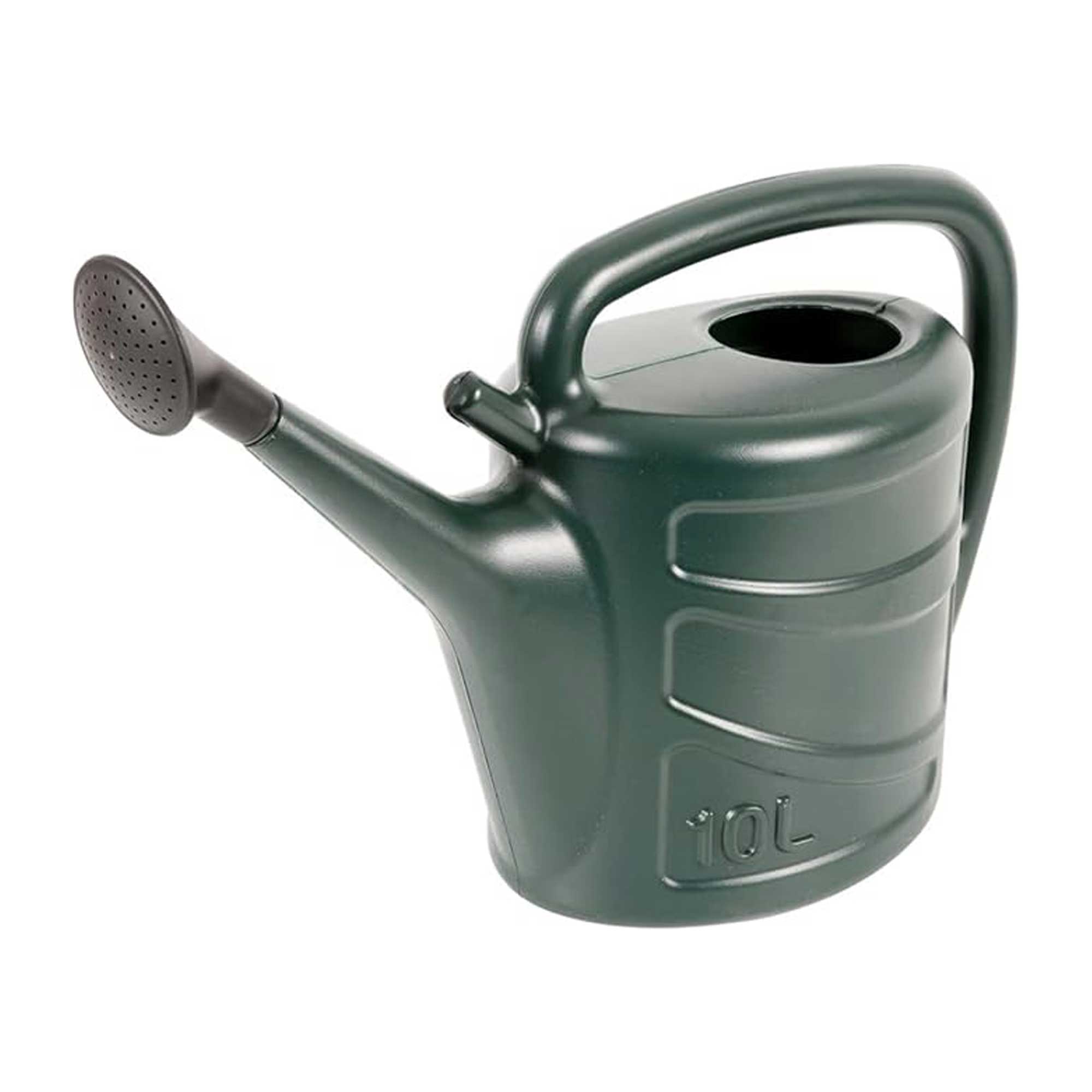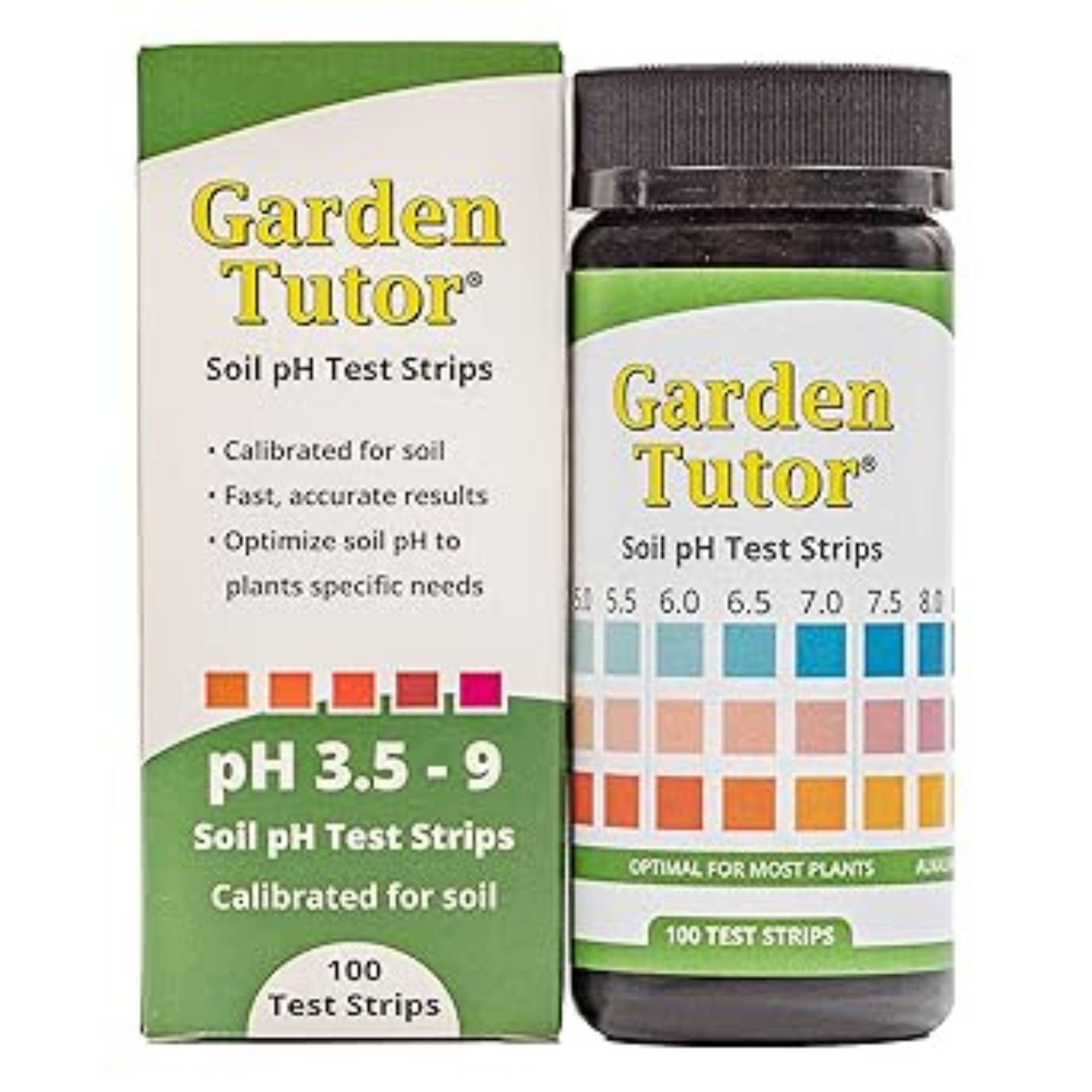Why are my rose bush leaves turning yellow? Garden experts reveal the causes and remedies to prevent it
Wondering why your elegant rose bush has started turning yellow all of a sudden? The experts are here to help

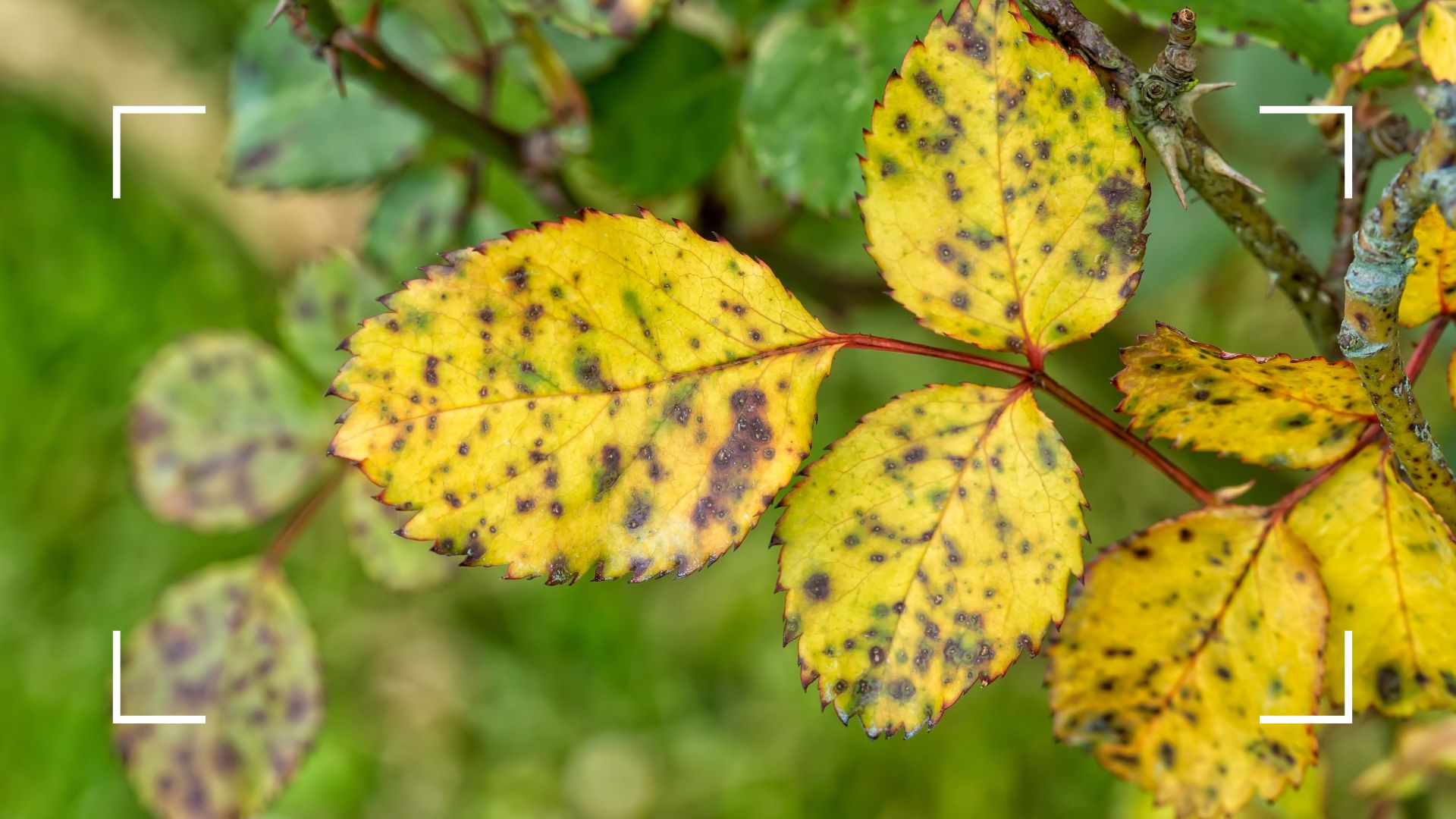
Roses are a strong favourite of gardeners thanks to their impressive growth and elegant blooms. Unfortunately, they're quite susceptible to diseases and stress, which is why you may have seen yellowing on the leaves of your plant.
Knowing how to grow roses shouldn't be too challenging; thanks to their European origins, they are quite happy with the typical British weather. However, there are instances where they might have been overwatered or underfed, in the hope of keeping them flowering for longer.
Care mistakes like these can lead to the plant becoming stressed, and this shows most commonly in the leaves changing colour. So, if you've noticed some yellowing, your plant may be distressed and in need of a little TLC.
Why are my rose bush leaves turning yellow?
Despite the flower being the most sought-after part of the rose bush, its leaves are an important indicator of its health. Therefore, when they turn colour and start yellowing, it's a sign of potential trouble ahead.
That's why we put it to the gardening experts to find out what causes yellowing and, more importantly, how you can prevent and reverse it.
1. Incorrect Watering
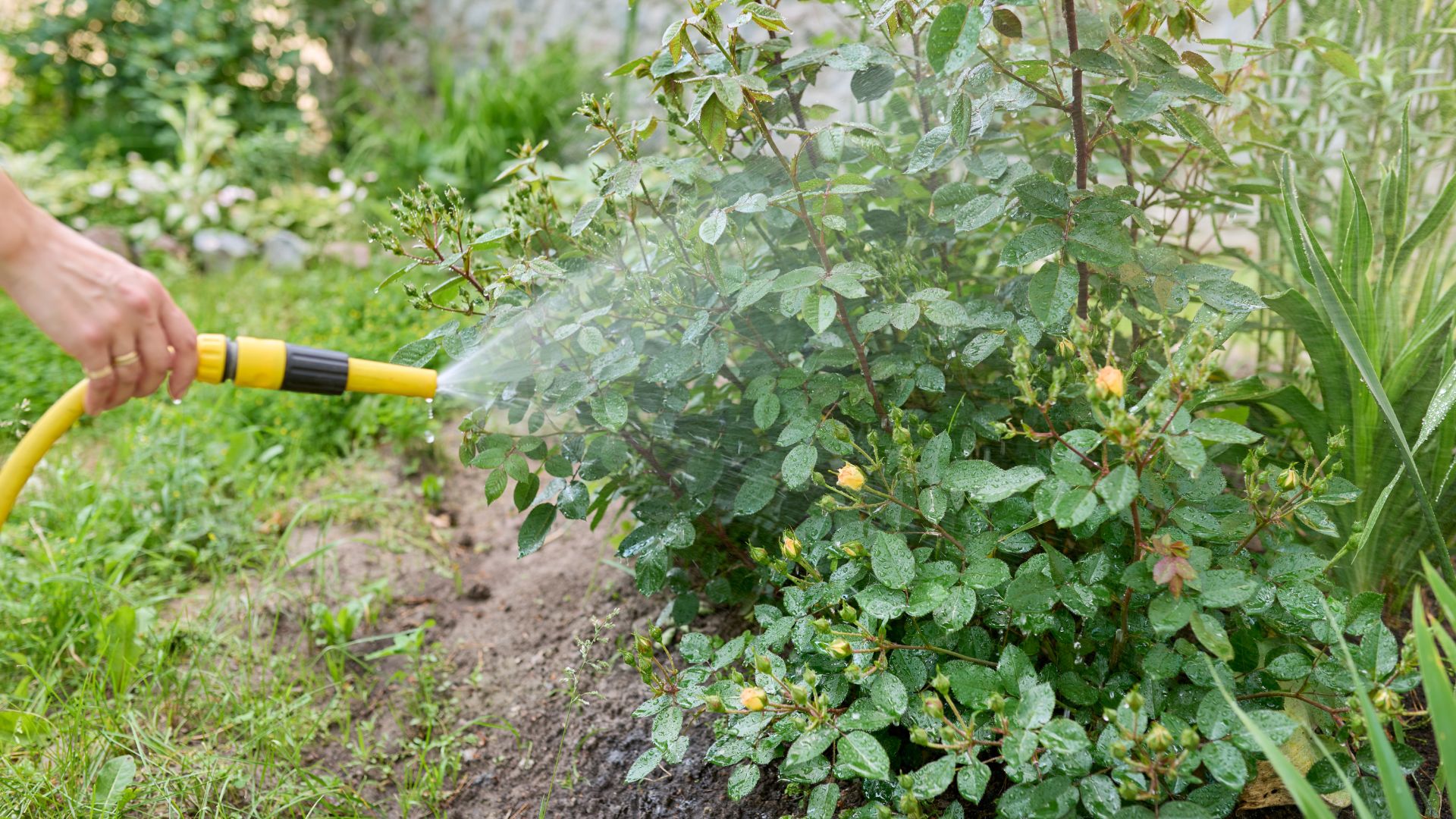
Knowing how often you should water your rose bush is key to both its long-term and short-term health. "Underwatering can make the leaves of a rose bush begin to turn yellow," explains Richard Barker, horticulture expert and commercial director of LBS Horticulture.
"You may notice other signs alongside the yellowing leaves, like wilting, stunted growth and flower buds falling off or not opening," Richard continues. "After turning yellow, the leaves of the rose bush may eventually dry up, with plants in containers being more vulnerable to this."
Sign up to our free daily email for the latest royal and entertainment news, interesting opinion, expert advice on styling and beauty trends, and no-nonsense guides to the health and wellness questions you want answered.
He also points out that overwatering can be just as damaging, which is why it's important to know how to water your garden plants properly.
"Overwatering can make the leaves of rose bushes turn yellow, and it can be caused by excessive rain or compacted soil. The signs of overwatering are similar to those of underwatering, as the plant's foliage will wilt, turn yellow and drop off.
Richard advises: "To check if it is overwatering, look at the roots of the plant to see if they are soggy or rotting."
2. Black spot
If you've gone to prune your roses, you may have noticed not only yellowing leaves but a few black spots appearing on them, too. Unfortunately, this is bad news for your plant.
"Black spot is a common fungal infection that can cause rose bush leaves to turn yellow. The infection manifests as brown or black spots on leaves, surrounded by yellow halos. The leaves will begin to drop off, and this can lead to the loss of the plant if it is left untreated," says Richard.
He does point out that black spot occurs more often in spring due to the cooler, wetter weather. Typically, the infection appears on the lower leaves and then begins to spread upwards. Be cautious, as the spores can be spread to other plants via wind or water.
3. Pests
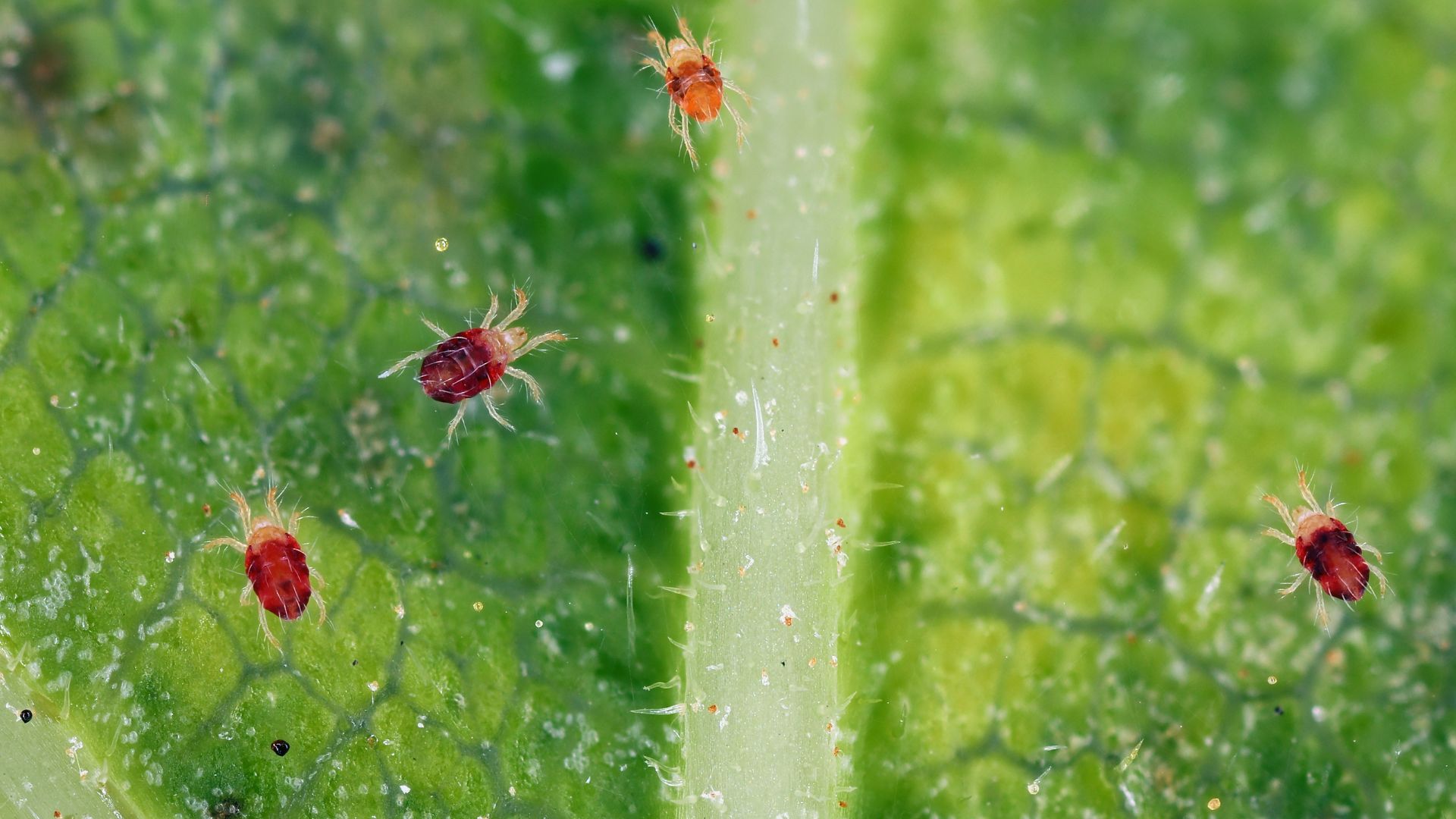
Garden pests can be a real challenge to control, especially when their tiny and hard to spot. While you might be more worried about getting rid of rats outside, it's aphids and mites that will spread like wildfire.
"Unexpected yellowing can also be down to disease," explains Gareth Mitchell, gardening expert at Tree2myDoor.com. "Sucking insects like aphids like to feed on leaves, and just one female greenfly can lay hundreds of thousands of eggs all over one rose bush, so infestations can quickly occur and cause leaf discolouration."
"We always advise wiping leaves with a kitchen roll and a simple soap and water solution, in a spray canister, to remove any bugs as soon as they’re spotted," he adds.
4. Nutrient deficiency
Forgetting that your plants have needs outside of watering is not just a major houseplant mistake but a gardening one, too. Your garden's soil can't always provide everything your plant needs.
"Roses usually need slightly acidic soil, but soil that is too alkaline or too acidic can interfere with the plant's ability to take up nutrients. Nutrient deficiencies can cause chlorosis, which makes the leaf veins remain green, but the rest of the leaf will turn yellow," explains Richard.
This is why it's helpful to know your garden's soil type so you can be prepared to balance the nutrients.
5. Too much or too little sun
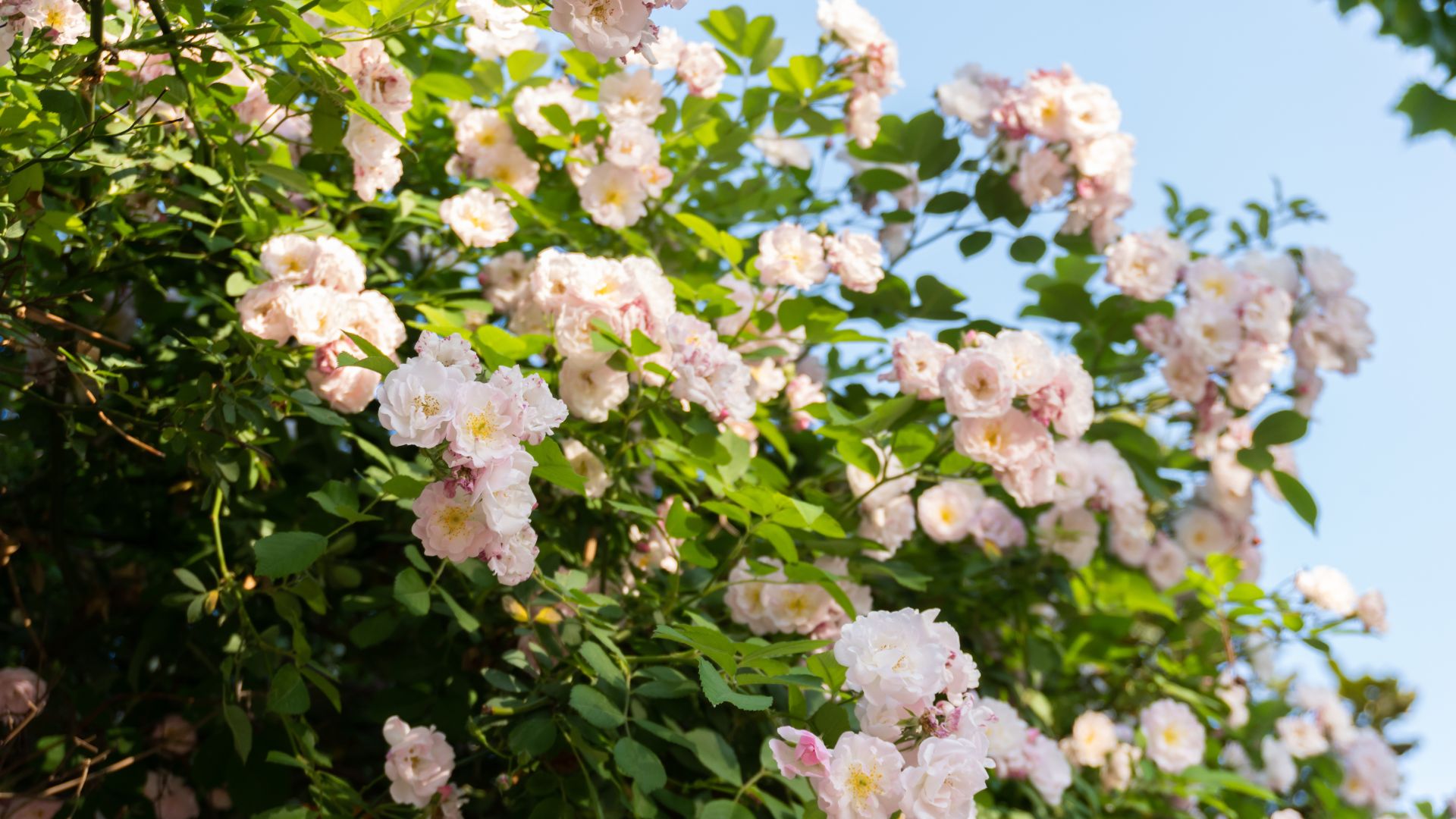
While roses are certainly not one of the best plants for shade, they don't always thrive in full sun, especially during the summer months.
"Another reason your rose leaves could be turning yellow is lack of sunlight – this is where effective pruning comes into play. Often people are nervous about cutting their rose bush back as much as required at the end of the season, around November time – but it’s an essential step to allow light and air to the plant and encourage healthy growth," explains Gareth.
On the other hand, too much sun can cause your plant heat stress. Richard says this is when too much sun can turn the rose bush leaves yellow, make the flowers wilt and turn leaf edges brown.
FAQs
How do you treat yellow leaves on a rose bush?
If you've noticed the leaves on your rose bush are yellow and deduced that it's one of the issues above, you might be wondering how to fix it now.
For watering issues, Richard simply recommends mastering your watering routine. He says that roses need an average of an inch or two of water twice a week.
"The frequency of watering will likely need to be adjusted if the weather is hot, dry or windy, as these conditions can make soil moisture evaporate much faster," he continues.
Unfortunately, when it comes to black spot, there isn't a cure; you can only try controlling it by removing infected leaves and disposing of them. Just make sure you're cleaning and sanitising your tools between each cut.
Luckily, pests can be dealt with, either by flooding your plant with a spray hose or using more effective means like the expert plant pot hack.
"For nutrient deficiencies, try to test the soil pH before you plant roses, and try feeding the plant with a nitrogen-rich fertiliser to see if this corrects the problem," suggests Richard.
What does an overwatered rose bush look like?
Should you be worried you've overwatered your roses, a common summer gardening mistake, then there are a few signs to look out for.
"If your rose bush is overwatered, you may notice signs including yellowing leaves, mushy stems, wilting and potentially powdery mildew," highlights Richard.
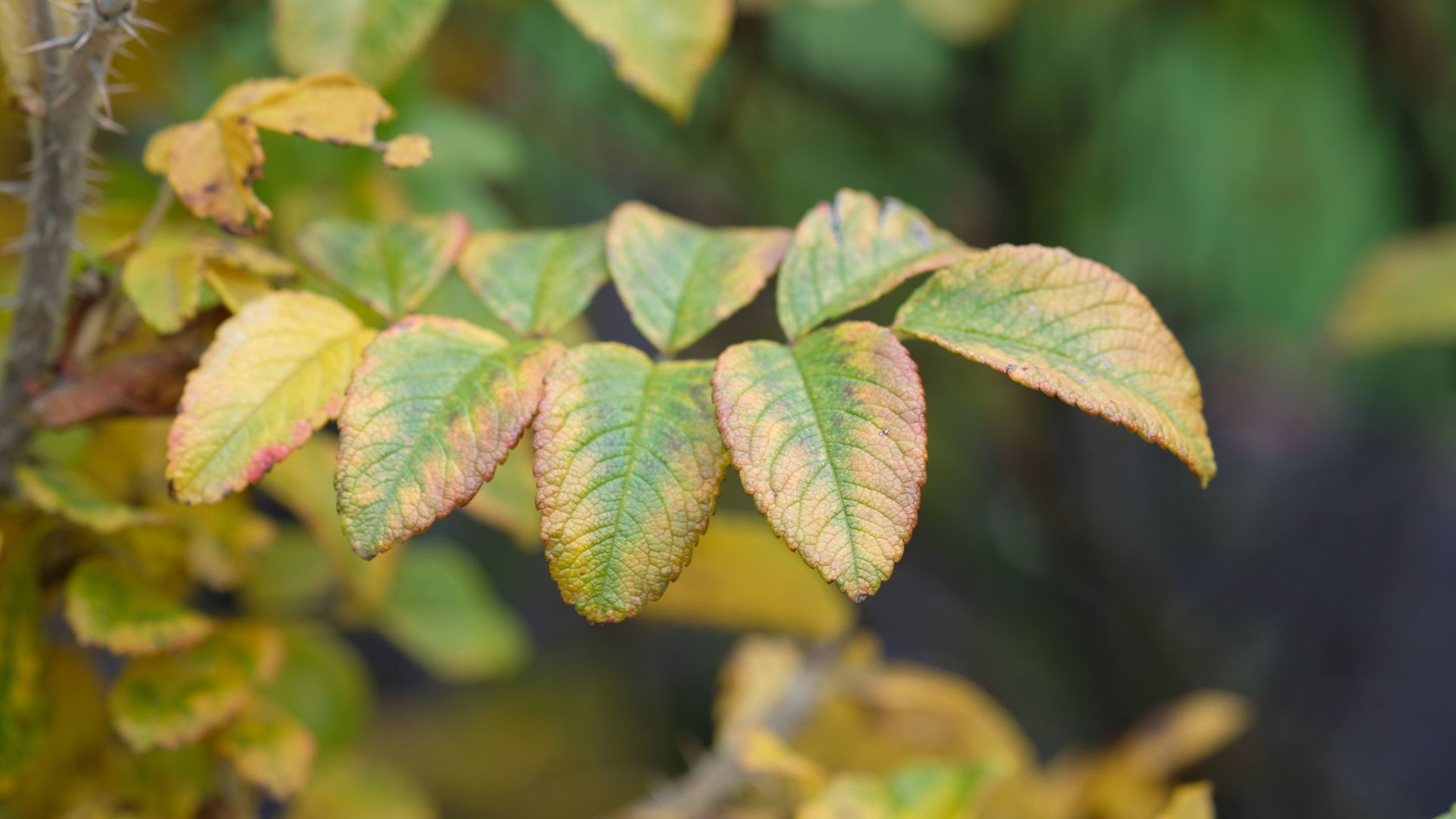
What does a sick rose bush look like?
As mentioned previously, roses, among other plants, are great at showing signs of sickness before it's too late to address them. The key is simply knowing what signs these are.
"A sick rose bush will often show symptoms on its leaves, such as yellowing, spots and a powdery white coating. The flowers and buds may turn brown and rot, or the growth of the plant may be stunted and deformed," points out Richard.
So, whenever you're sorting out your garden, be sure to keep an eye out for any possible signs, as Richard mentions.
If you're roses are thriving, you might want to learn how to take rose cuttings. That way, you can spread the blooms around your garden and transform the space on a budget.

Emily joined woman&home as a staff writer after finishing her MA in Magazine Journalism from City University in 2023. After writing various health and news content, she now specialises in lifestyle, covering unique cleaning hacks, gardening how-tos, and everything to help your houseplants thrive.
You must confirm your public display name before commenting
Please logout and then login again, you will then be prompted to enter your display name.
